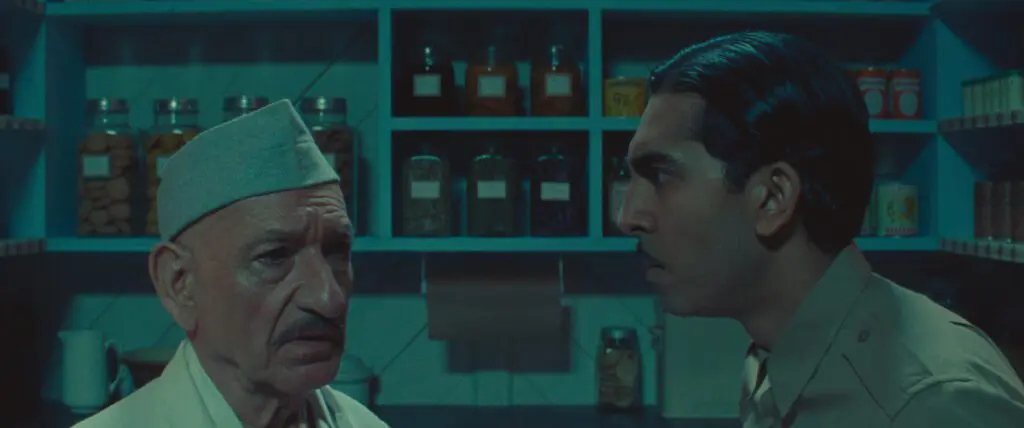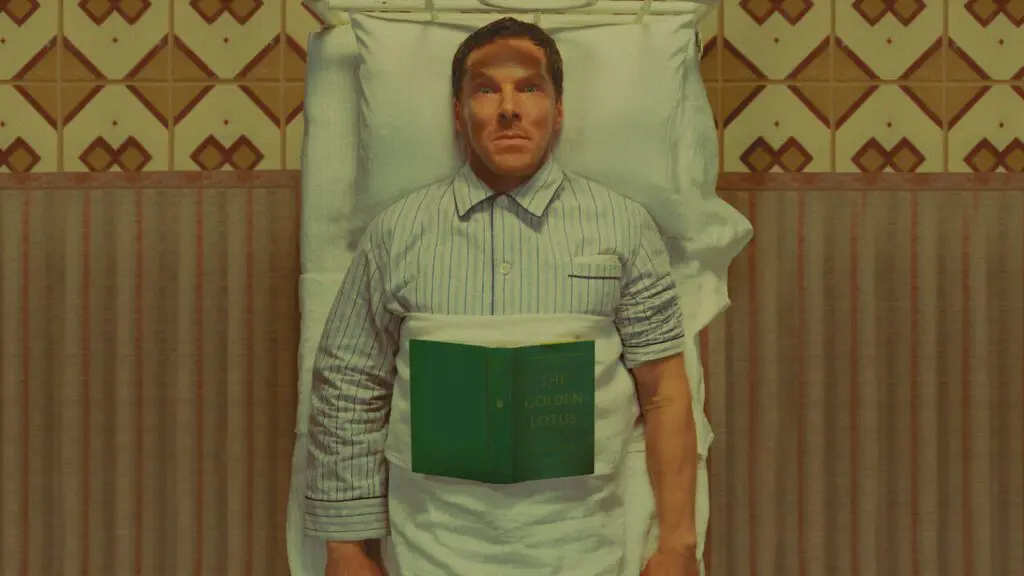Summary
A simpler story expertly builds tension on its way to a withering twist.
Poison, the fourth and final installment in Wes Anderson’s collection of short films adapting Roald Dahl’s stories for Netflix, is ostensibly about a snake. But it’s really about venom of an entirely different kind.
Most closely resembling The Wonderful Story of Henry Sugar, not just because of the presence of Benedict Cumberbatch and Ben Kingsley but also thanks to making slightly more use of Anderson’s on-the-fly scene-switching and perspective-switching than The Swan or The Rat Catcher did, Poison is nonetheless a darker story than that with an almost diametrically opposed conclusion.
The premise is simple enough. Harry Pope (Cumberbatch) is a man who believes there’s a venomous snake resting on his stomach. He’s flat on his back in bed, too terrified to move or speak. He thinks there’s a krait hidden under a book on his abdomen and that the slightest movement will frighten it into fatally defending itself.
Mr. Woods (Dev Patel, also in The Wonderful Story of Henry Sugar, handling narration here) summons the help of Dr. Ganderbai (Kingsley) to safely remove the serpent. The plan they come up with is to softly gas the snake with chloroform so that it can be removed.
The previous installments in this collection have been many things, but tense isn’t one of them. Poison, though, is nail-biting, an effect exacerbated by Anderson’s direction and a sweaty, teeth-clenching performance from Cumberbatch, who spends most of the twenty minutes trying to convey emotion without moving or speaking above a whisper.
It also becomes obvious early on that there is a degree of ambiguity about whether or not there’s even a snake present – the only time we see one is in a jar beside Ralph Fiennes as Dahl himself and Schrodinger’s krait builds to a sharply venomous twist that I won’t spoil here, but that gives the short more bite than the previous three.

Image from Poison (Credit – Netflix)
When all is said and done, Poison might be the most effectively lean of all these shorts. It doesn’t have any of the magical realism or deliberate ambiguity. It’s just a very tautly constructed premise building to a nasty, uncomplicated outcome, and the stripping down of the usual Anderson-isms lets the messaging speak loud and clear.
This collaboration has been nothing short of excellent, and in the absence of another feature film, it’s the best we’re going to get for now. Dahl’s terse prose keeps Anderson’s more self-defeating flourishes reined in, and while Poison isn’t the flashiest of the collection, it might be the one that gets the best out of them both.
Read More:




